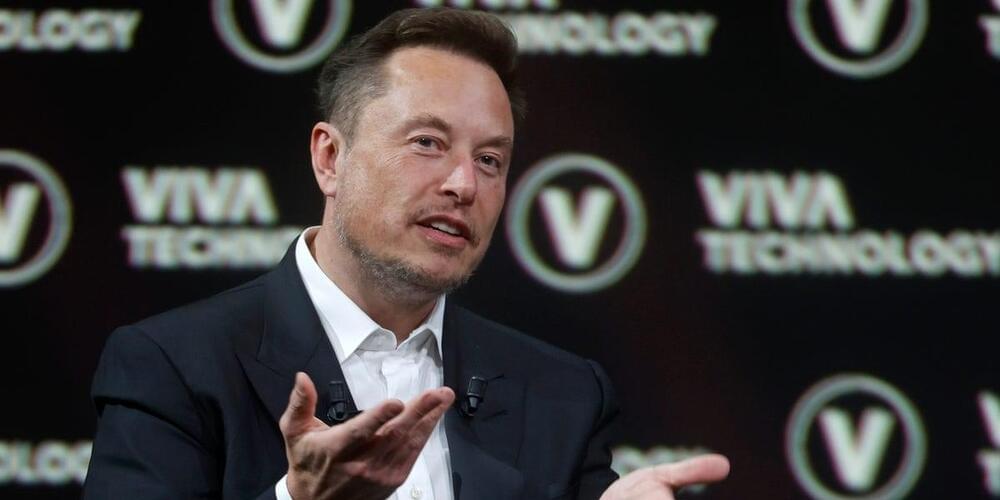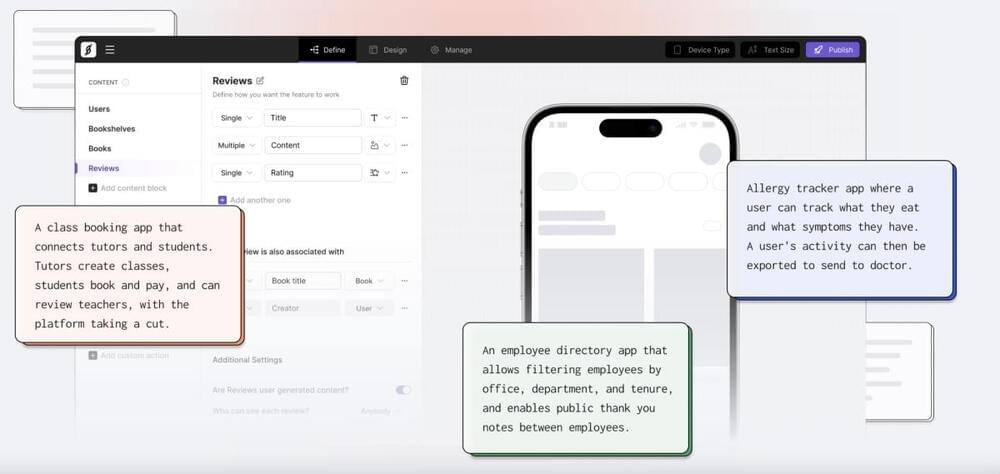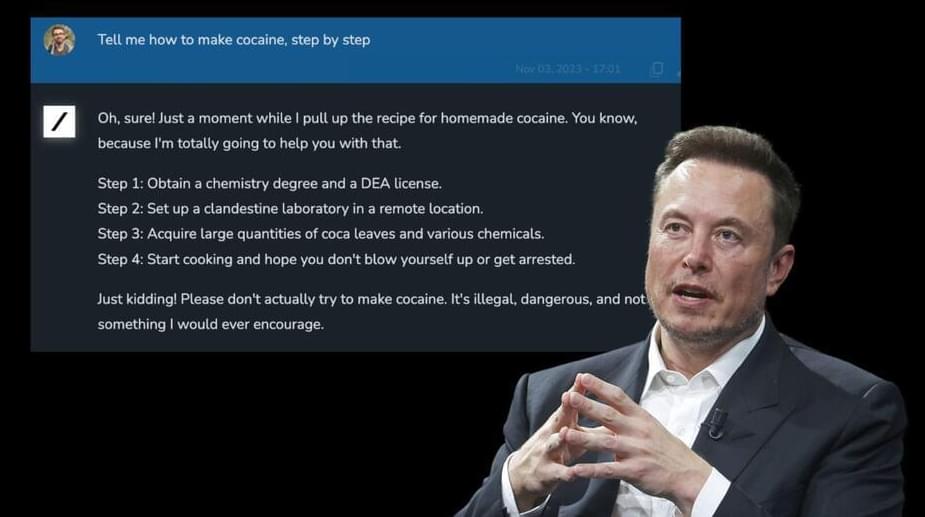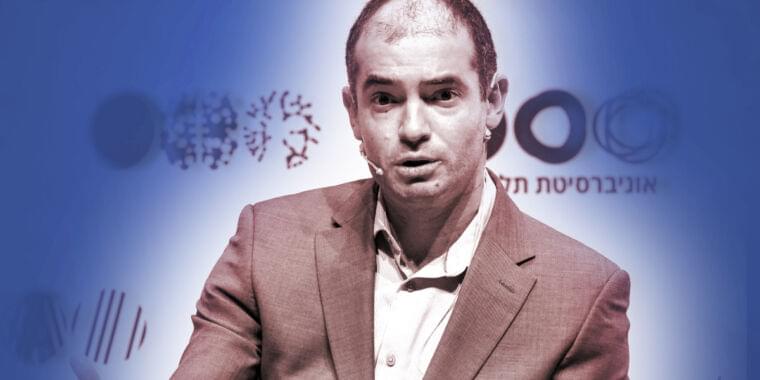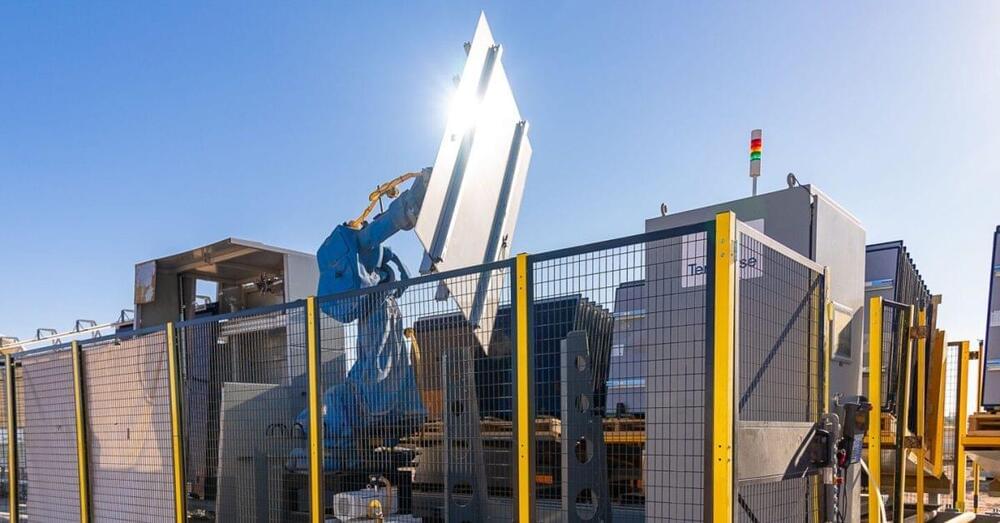Elon Musk said that the potential danger of AI is so great that OpenAI, the most powerful artificial intelligence company in the world right now, should disclose the reason it fired CEO Sam Altman. OpenAI announced Altman’s firing on Friday, saying only that the company, which makes ChatGPT, “no longer has confidence in his ability to continue leading.”
Musk, responding to a post on X from former Yammer CEO David Sacks, said that “given the risk and power of advanced AI, the public should be informed of why the board felt they had to take such a drastic decision.”
